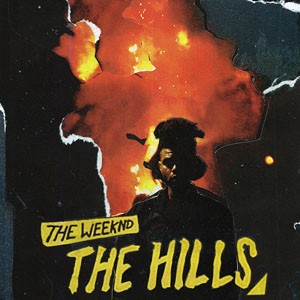“It’s uncanny. It’s a bummer. It’s a trap.”

People (well-meaning people! great people!) sometimes forget how lucky it is to be able to enjoy and dwell and fuck around in the tension between opposing forces — that allowing yourself to get carried away by art that doesn’t necessarily jibe with your ideas about how the world should be is a private kind of privilege. It’s hard to be open to the pleasures and possibilities of dissonance when you are constantly finding yourself painted into a corner by the thing you’re supposed to be, when you are constantly being forced by the culture at large to shout your way out of the boxes it’s shoved you into. Someone will ask you what you like about these songs and by the time you’ve finished — no of course I don’t think it’s necessarily good, no of course I don’t like the way some people treat these dudes’ personas like a road map or an excuse, of course not of course not of course not — you come back and they’ve lost a little of their lustre. The darkness dulls; the undertow feels weaker, watered down. You’re forced to compromise even in the act of explaining yourself. It’s uncanny. It’s a bummer. It’s a trap.
Hairpin friend Emma Healey wrote a short and lovely thing about The Weeknd for Said The Gramophone, and I thought about it all weekend (ha), about how it is a kind of privilege to let yourself feel an emotion that doesn’t align with your rational thinking brain. When people — and it is, as Emma mentions, quite often men — try to challenge me on liking music or art or movies made by demonstrably terrible people, or people performing demonstrably terrible personas, I am stumped. I mean, I grew up on the same extremely flawed hunk of planetary matter we call Earth just like everyone else; why wouldn’t I respond to art that speaks not just to how I want our world to be, but also the way it actually is?
Alex has mentioned this in the past as well; “the art is separate from the artist” is a good mantra for not going completely bonkers when you think about the kinds of people who make the most important kinds of art, but it’s an empty platitude. Of course the artist is part of the art!! Even though I am not a fan of the theory that suffering and pain lead to the greatest art, this could truly be a correlation that is causation. There’s no way of knowing. Admitting that we can enjoy Very Bad Things is not accepting defeat. It’s staying open to the possibility that you can still learn something about yourself from a song.
If you’re in the market for more excellent reading on The Weeknd, I highly recommend Anupa’s interview for Pitchfork. This is now a complicated-feelings-about-pop-music blog, just FYI.